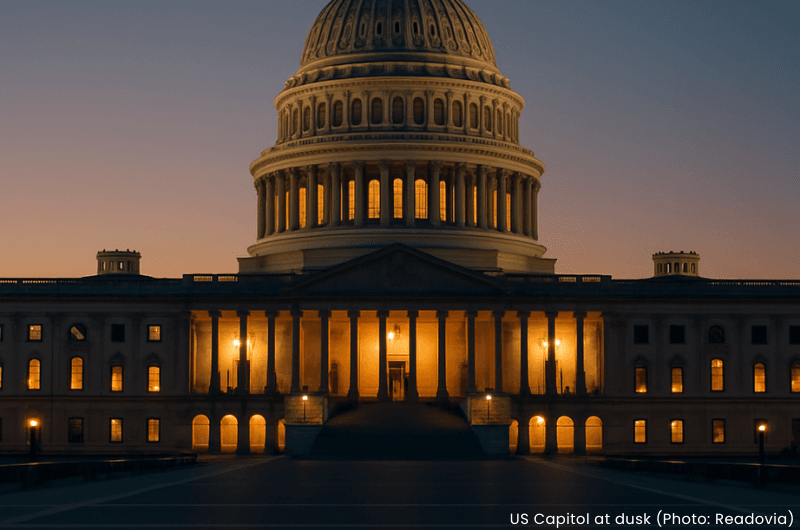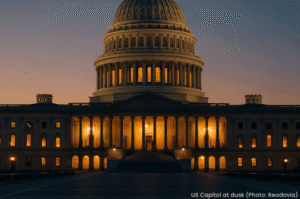In a rare bipartisan move, the U.S. Senate voted 99‑1 to strip a controversial provision from President Trump’s sweeping “One Big Beautiful Bill” that would have blocked states from enacting their own AI regulations for the next decade.
The now‑removed clause had drawn intense criticism from privacy groups, child protection advocates, and state lawmakers who argued it would give Big Tech a free pass at the expense of public safety. States like California, Texas, and Colorado have already begun crafting their own AI laws, targeting everything from deepfakes to biometric surveillance and algorithmic discrimination.
Proponents of the original provision said a national standard was necessary to prevent regulatory chaos. But opponents countered that such a blanket freeze would stifle innovation, delay ethical oversight, and undercut local governments’ right to protect their citizens.
With the clause gone, states now retain full authority to regulate AI as they see fit—even as Congress inches toward a broader federal framework. For now, it’s a rare win for watchdogs, technologists, and legislators who believe AI governance should remain flexible, accountable, and close to home.
The Author

Kai Zhang
Staff Writer, Readovia



















































